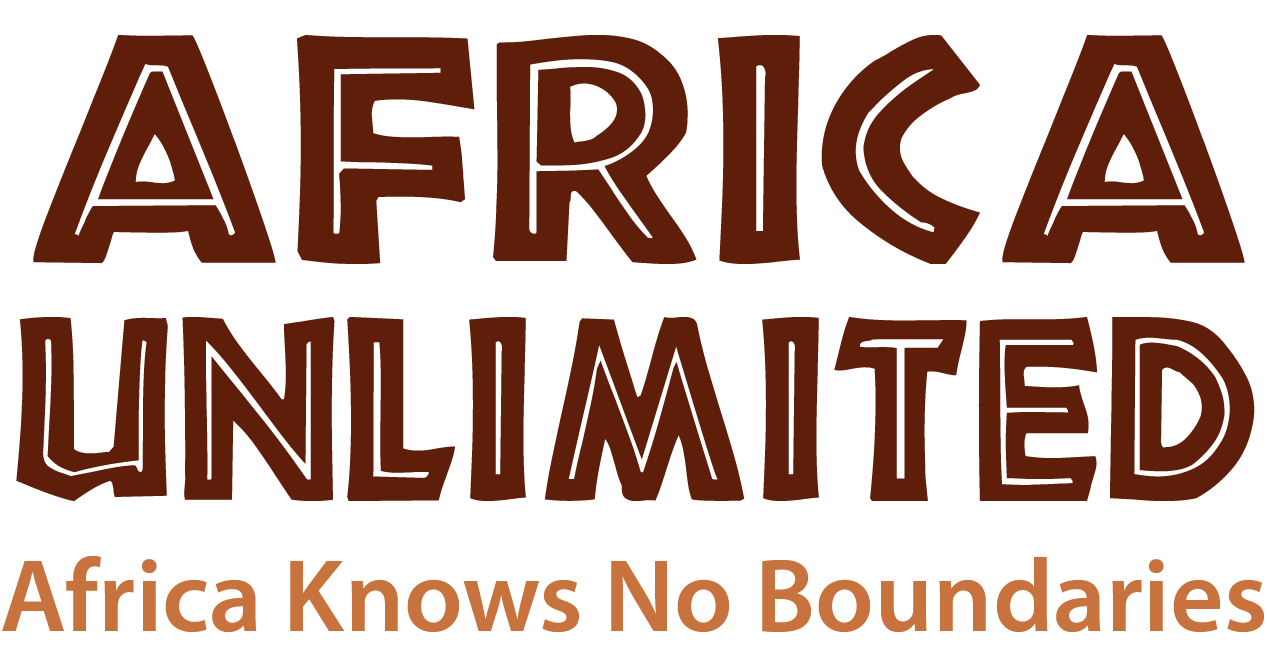 Shaka and Hannibal are, arguably, the greatest warriors the world has ever seen. Hannibal’s battles are still studied at West Point, and England employed Shaka’s tactics in fighting the First World War. Hannibal was born on the northern rim of Africa, Shaka near its southern tip. Each man greatly furthered policies started by his father, and each contended with, and controlled, European penetration of the continent. As long as each lived, the foreigners were held at bay. Herein let us focus on Shaka Zulu and the rise of the Zulu nation.
Shaka and Hannibal are, arguably, the greatest warriors the world has ever seen. Hannibal’s battles are still studied at West Point, and England employed Shaka’s tactics in fighting the First World War. Hannibal was born on the northern rim of Africa, Shaka near its southern tip. Each man greatly furthered policies started by his father, and each contended with, and controlled, European penetration of the continent. As long as each lived, the foreigners were held at bay. Herein let us focus on Shaka Zulu and the rise of the Zulu nation.
About 100 million of Africa’s 800 million people speak one of the 300 Bantu languages. Each is a separate ethnic group. The Bantu are a significant portion of every country in eastern, central and southern Africa. They originated in the area today called Cameroon. Around the time of Christ, they began a migration that would last almost two thousand years. It was a slow movement of small groups, constantly splitting off and moving to new regions. Over time, they evolved into the hundreds of distinct Bantu nations which include the Kongo, the Lunda, the Kikuyu and the Zulu peoples.
The Bantu reached the area called South Africa by the fourth century BC. The Zulu ethnic identity gradually emerged in the broad valley along the eastern coast of South Africa. In the early 19th century, as population pressures increased, the Zulu began to form more centrally organized, warlike bands. Dingiswayo, Shaka’s father, was the powerful, creative leader of one branch of the Zulu nation, the Mthethwa. He organized his men into rigid, regimental groups according to age. Under Dingiswayo, they no longer achieved manhood through long, drawn out puberty rites, but by displaying their prowess in war.
After Dingiswayo fell in battle, in 1818, Shaka became the ruler. He further revolutionized weaponry and tactics. The processes begun by Dingiswayo were brought to fruition by Shaka. He welded the Mthethwa Zulu into a fierce fighting force. Clan lines were dissolved and replaced by allegiance to the Zulu nation. In time Shaka, with an army that grew to 50,000 highly disciplined warriors, conquered all of the Zulu and many of the nearby peoples. As he did so, he incorporated them all equally into the ascendant Zulu nation.
The massive upheavals, that followed in the wake of Shaka’s ten years of conquest, sent entire peoples reeling throughout the southern half of the continent. Many of his own people began to object to the ruthlessness of his incessant campaigning and training. Shaka was killed in a coup, led by his brother, in 1828. However, his successor had not the military acumen, nor the political astuteness, to contain the growing European presence. While Shaka was alive, the European traders operated only to the extent that he allowed them to. He made them understand that they were “his Europeans”.
Eventually, after a long series of reverses, the Zulu were fully incorporated into the nation of South Africa in 1902. During the late 1980s, and early 1990s, when white control of South Africa was in its death throes, the Zulu under the leadership of Chief Gathsha Buthelezie, and the Inkatha Party, were used by the authorities as a counterweight to the much more popular, African National Congress (ANC). There were numerous violent clashes in which thousands lost their lives. In the end, however, these differences were put aside. The legacy of Shaka and the Zulu are central to the military history of Africa and the world!
( by Dr. Arthur Lewin, author of Africa Is Not A Country: It’s A Continent, www.AfricaUnlimited.com )
